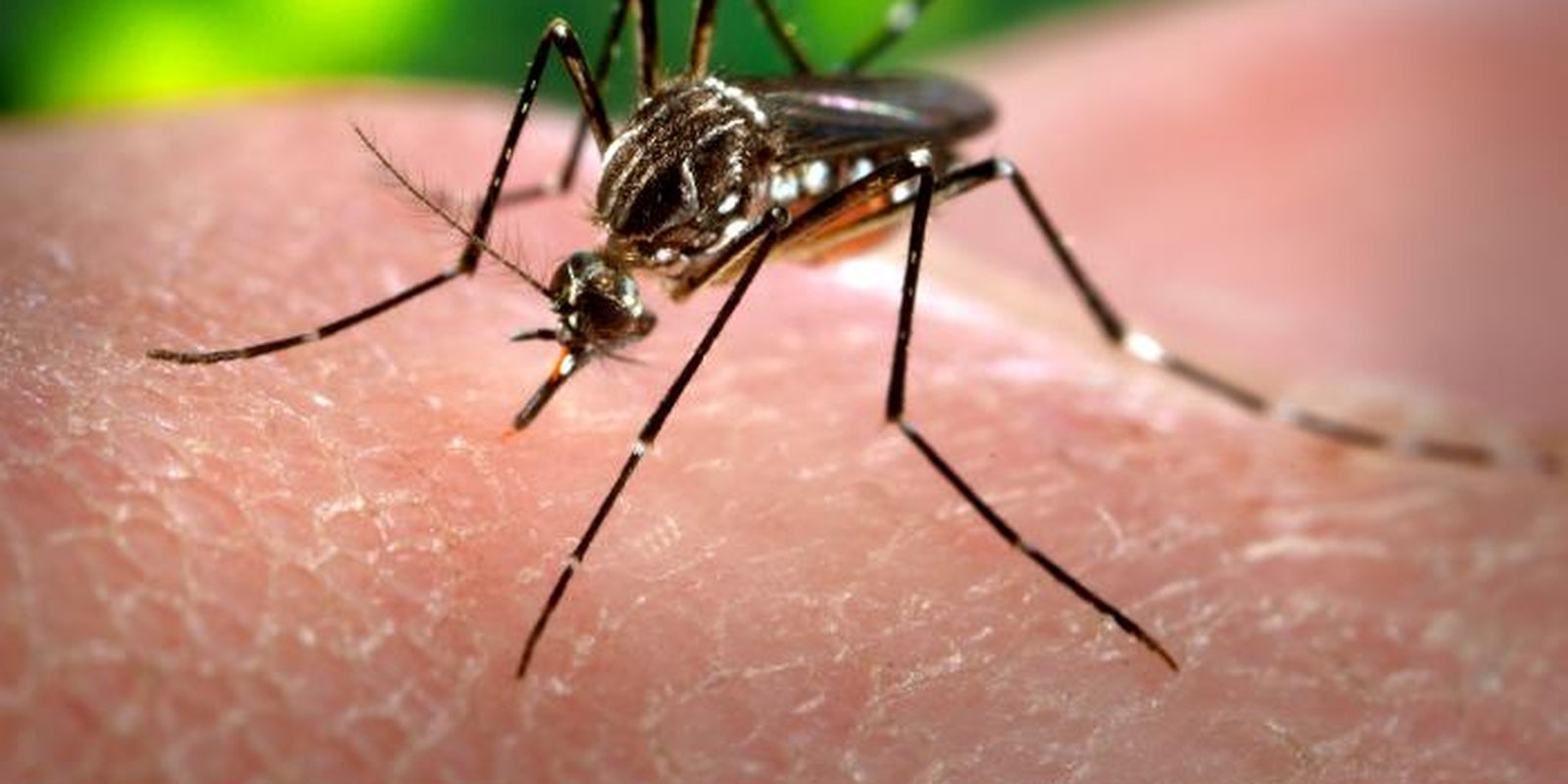In case you missed it, a good chunk of Latin America is in the throes of a huge public health crisis. Zika, a mosquito-borne illness, is spreading at an alarming rate across Central and South America. Researchers have tied it to a spate of microcephaly cases—babies born with abnormally small heads—in Brazil. But recently, a group of physicians in Argentina suggested that microcephaly in these babies may be the result of a pesticide, not the virus.
In a report published on Feb. 3 but gaining mainstream attention now, the physicians suggest that the pesticide pyriproxyfen is responsible for microcephaly. They suggest this may be the case due to the country’s use of the pesticide to curb mosquito populations. The pesticide works by mimicking hormones that help mosquito larvae turn into adults. The physicians believe that the pesticide’s ability to affect development in mosquito larva may translate into an ability to affect development of human fetuses.
While this isn’t totally outlandish—there are some features of development common to distantly related animals—it’s highly unlikely for several reasons.
Pyriproxyfen, like all pesticides, is subject to extensive testing before it’s approved by governmental agencies like the Environmental Protection Agency (EPA), Technical Advisor of the American Mosquito Control Association Joseph Conlon told the Daily Dot via email. He said that the pesticide showed no tendencies toward congenital defects or mutations in extensive testing.
The Daily Dot asked if misuse of the pesticide might lead to birth defects. “There is no way to ascertain, with 100% certainty, that misuse would lead to birth defects,” Conlon replied. “It’s certainly possible, but we don’t necessarily want the public to unfairly characterize pyriproxifen as a teratogen [something that causes birth defects] if it only occurs when someone uses ten thousand times the amount stated on the label. Under those circumstances, literally anything could face public call for discontinued use.”
Conlon said that the report seemed to be mostly based on conjecture.
Nonetheless, the southern Brazilian state, Rio Grande do Sul, suspended use of the pesticide. However, officials stressed that there is no scientific basis for the connection between the pesticide and microcephaly, the Telegraph reported.
The group that published the report, RUDEAS, is a group of health workers and academics who are concerned with the use of chemical treatments and pesticides on human health. While watchdog groups are good to have around, the report doesn’t provide much evidence beyond location and timing to connect pyriproxyfen with microcephaly.
The connection between microcephaly and Zika, on the other hand, has a bit more evidence.
Prior to the outbreak of the disease in Brazil in 2015, the country only saw roughly 150 cases of microcephaly per year. That number ramped up to more than 4,000 in 2015 alone. Additionally, doctors have found evidence of the Zika virus in both the placental tissues pregnant women and in the brains of aborted fetuses with microcephaly.
However, not every microcephaly case has been linked to Zika. In fact, only a handful of the microcephaly cases are confirmed to be linked to Zika or another infectious disease, according to the Washington Post.
Additionally, microcephaly has not been noted as a complication of Zika in previous outbreaks.
But that doesn’t mean Zika definitely isn’t causing microcephaly. Researchers just can’t say for sure right now. It could be that the virus has mutated, or that there might be some other confounding variable.
The World Health Organization is still cautioning women in the affected areas to take special precautions to avoid getting bitten by mosquitoes. However, there’s strong evidence Zika can be transmitted sexually. The Centers for Disease Control has urged travelers to avoid mosquito bites as well.
The Daily Dot reached out to Sumimoto Chemical, the manufacturers of pyriproxyfen, and the WHO for comment. Neither replied by press time.
Photo by James Gathany/Wikimedia (PD)
